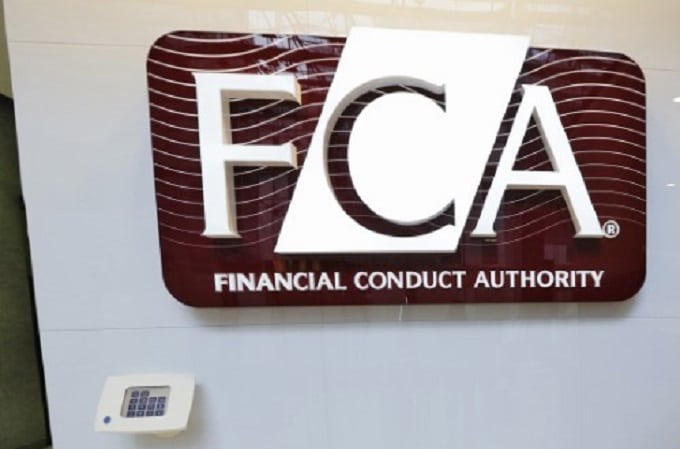The FCA made the comment in a discussion paper it released on financial services culture, which it says is the key root cause of the major conduct failings that have occurred within the industry in recent years.
The paper contains a collection of essays that discuss what a good culture might look like, the role of regulation and regulators, how firms might go beyond incentives, and how to change behaviour for the better.
Firms and bodies that contributed essays include; BNP Paribas, Credit Suisse, the Banking Standards Board, the London School of Economics and Cambridge University.
Regulation: one piece of the puzzle
Regulation is one of the main themes addressed in the paper, and the FCA says it is only one piece of the puzzle in bringing about a change in culture “and the role of the regulator may be limited”.
Jonathan Davidson, director of supervision – retail and authorisations at the FCA, said: “Our essayists respond to the question about the role of regulation in culture with some interesting and provocative propositions.
“Some challenge, whether regulatory intervention, is always positive and provide[s] examples of where it can be counter-productive.”
A firm’s behaviour, he said, will only transform for the better if change is chosen rather than imposed.
“It should be a collaborative effort, by all areas and at all levels – and industry must take responsibility for delivering the standards it aspires to.”
Accountability regime
The paper does not try to define a single culture that firms must aspire to and accepts that each firm’s culture is different.
“However, we have set out minimum standards of behaviour, in the form of five conduct rules, which sit at the heart of the Senior Managers and Certification Regime, known as the Accountability Regime.
“The Accountability Regime currently applies to banks but there are plans to extend it. Our essayists agree with us that there is no one culture for firms to aspire to,” he said.
Spring board
Davidson said he hopes the range of views in the paper will act as a springboard to speed up the pace of change.
“Changing culture can be hard. Some still see changing culture as a ‘soft’ discipline; and clarifying how to define, measure, and manage it in practical terms is difficult.
“Its intangible nature has left business leaders pondering how to influence and transform culture.
“The intention of this paper is to gather views from industry leaders, academics, and practitioners as a basis for debate on how to drive sustainable culture change,” Davidson said.













